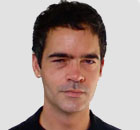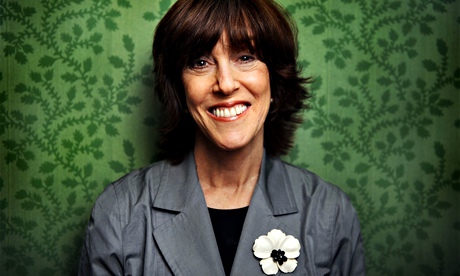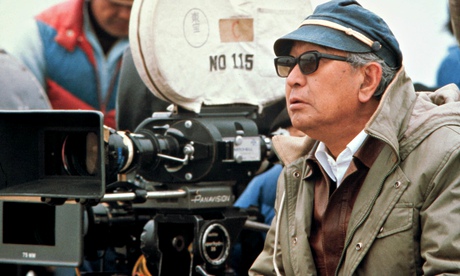During the filming of Where Eagles Dare, Richard Burton was apparently putting away four bottles of vodka a day, and at one point went awol on a Paris drinking binge with Peter O’Toole and Richard Harris. For his part, sensible Clint Eastwood kept asking for fewer lines, and had to be reminded by the director not to twirl his pistol before holstering it, as they weren’t making a western. Yet somehow the two men make one of the greatest double acts in adventure movies. One the sozzled Shakespearean tale-spinner, the other all lethal feline efficiency.
Geoff Dyer’s micro-book on this film he loved as a child is a curious literary artefact, a sort of printed director’s commentary, though not by the director, and not really practical to consume while watching the film. It collects some trivia around the shoot, though inevitably not as much as you’d get online. It is an attempt to argue for the film’s quality while simultaneously reserving the right to take the piss, and to digress at will, setting the enemy off on multiple wild goose chases – there is a hilarious, lengthy footnote analysis of Michael Mann’s Heat – until the wordcount is reached and safe exfiltration finally possible.
The film starts with a Colonel Exposition (not his real name) explaining why the assembled British special ops forces led by Burton, and Eastwood’s American, are going to have to get into a heavily guarded Nazi castle in the Bavarian Alps to rescue a captured general. What follows is a masterpiece of kinetic suspense, married to a ridiculously twisty spy plot, with one of cinema’s greatest musical scores, its stairway of heroic brass meticulously constructed by the British composer Ron Goodwin. It’s Spielberg’s favourite war film, and Tarantino’s favourite “men on a mission” film. (He pays vivid homage in Inglourious Basterds.)
Dyer’s general mode of art here is wry scene-by-scene description. Our parachuting heroes land in the snow. “‘Major!’ bellows one of the search team, loudly disregarding what might reasonably be assumed is the first rule of stealthy survival behind enemy lines.” When Burton’s character is shot in one hand, Dyer relishes the absurdity of describing the aftermath like this: “With his other hand he is able to tie an aptly named handkerchief around the injured hand.”
His best-observed passages are on Eastwood. He can’t resist mocking – “Squinting is pretty much the limit of Eastwood’s facial range as an actor;” later, when the gang is pretending to be Nazis, he admires how the actor is “not just squinting, but squinting in German”. But he admits that it is his physicality that is so magnetic: he has “the unhurried grace of Roger Federer in a German uniform”, or, later, “the grace of Darcey Bussell in winter combats”. He also has, Dyer argues, a special relationship to time, which is helpful when a Nazi throws a grenade at him: he squints thoughtfully at the grenade for what seems like a minute before tossing it back to the Nazi, where it obediently explodes.
Eastwood it is, too, who supplies what is effectively the film’s catchphrase: whenever a new crowd of Nazis is just around the corner needing to be shot, he calmly tells Burton: “We’ve got company.” Not for long they don’t. His bodycount here is Ramboesque. Burton’s character, meanwhile, is mainly celebrated for his habit of meeting women in sheds (which he does twice), and also his commanding trait of giving orders to just about everyone he meets. As Dyer puts it, this is Burton’s capacity “to treat the world as his bitch”.
It’s all highly entertaining, and a fine excuse to watch the movie again, even if it could have used a bit more research. Dyer says, for instance, that the producer hated screenwriter Alistair MacLean’s original “awful fucking title”, but doesn’t tell us what it was (Castle of Eagles). And he claims that a silenced handgun is “anachronistic-looking in relation to the second world war” and instead influenced by Bond movies. It’s not hard to find out that the British Special Operations Executive, as well as the American OSS, did in fact use a suppressed pistol, the Welrod.
Perhaps mere fact-checking is below the pay grade of the starry author who can issue a monograph on anything he likes. In any case, and to be fair, Dyer can’t help writing brilliant sentences even if he is not always trying very hard. “It’s all quiet in the noisy safety of the bullet-holed plane,” he writes, magically, near the end. And so it is.
• ‘Broadsword Calling Danny Boy’: On Where Eagles Dare is published by Penguin. To order a copy for £6.87 (RRP £7.99) go to guardianbookshop.com or call 0330 333 6846. Free UK p&p over £10, online orders only. Phone orders min p&p of £1.99.
• This article has been amended to correct the fact that the Nazi castle was in the Bavarian Alps not the Swiss Alps.










